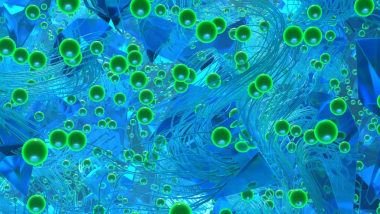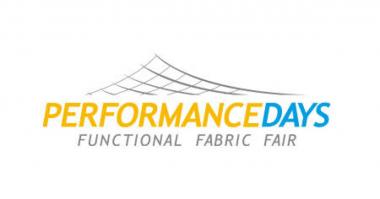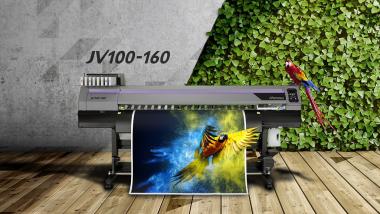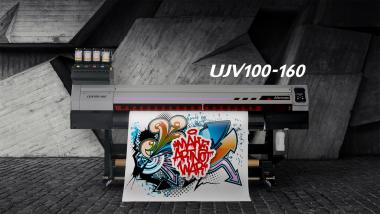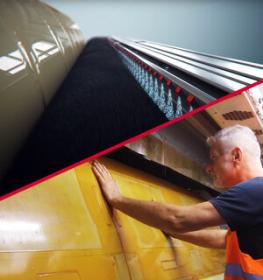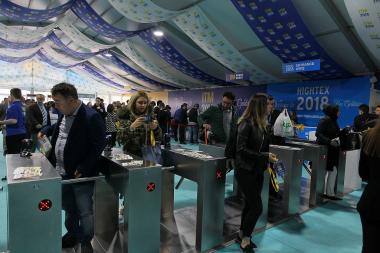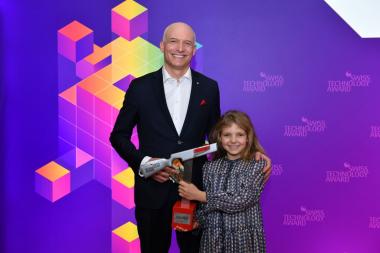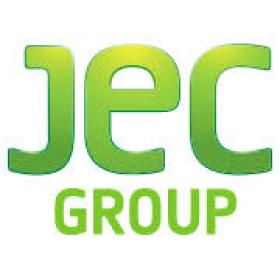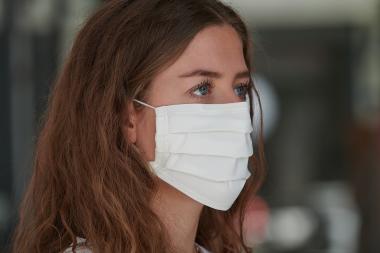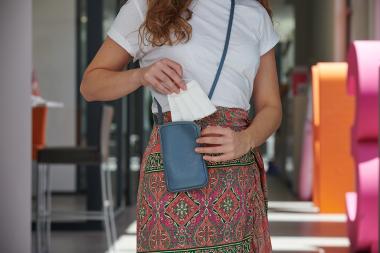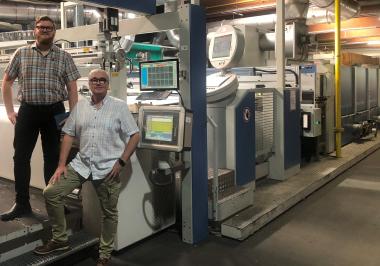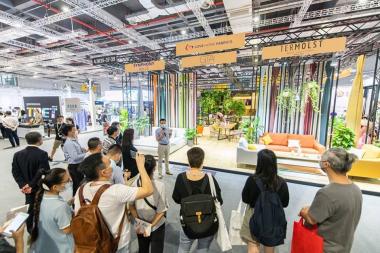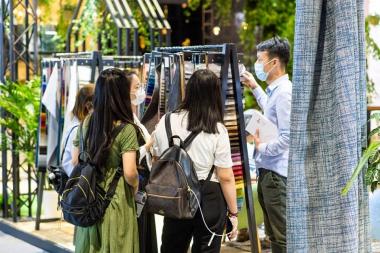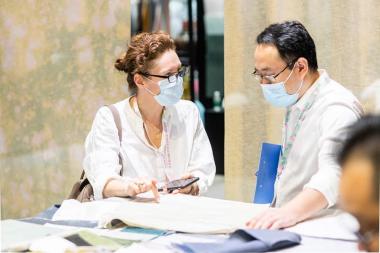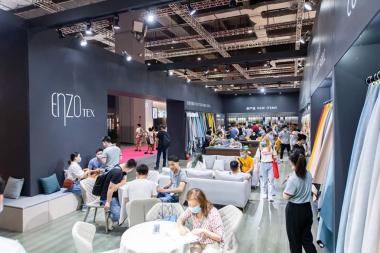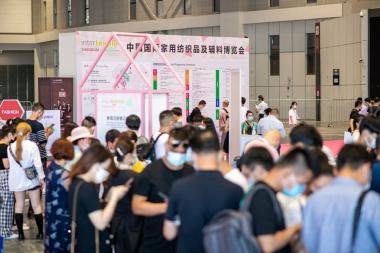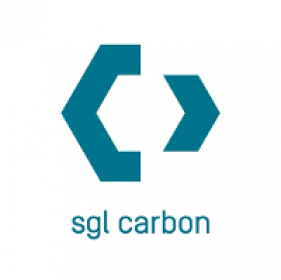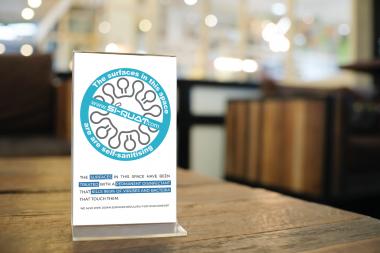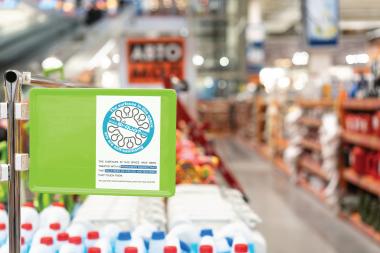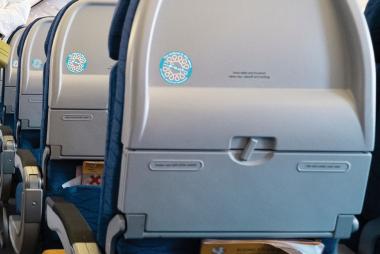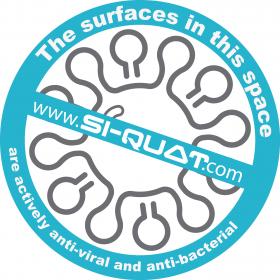SARS-CoV-2, Influenza A inactivated by zinc-embedded nylon fabric
- A paper published in ACS Applied Materials Interfaces details effectiveness, describes protocol for future testing
An international team of scientists and engineers from the University of Cambridge, the Icahn School of Medicine at Mount Sinai, ResInnova Labs and Ascend Performance Materials has found that a nylon fabric embedded with zinc ions successfully inactivated 99% of the viruses that cause COVID-19 and the common flu.
Face masks, protective clothing and filters are used to slow the spread of viruses. But poor-quality masks can harbor active viruses from infected wearers, posing a transmission risk.
“A major challenge is absorption and inactivation,” said Vikram Gopal, Ph.D., co-senior author and chief technology officer at Ascend Performance Materials. “Respiratory viral illnesses, such as COVID-19, and the flu, are transmitted through droplets and aerosols. Polypropylene, the material in commonly used disposable masks, is a hydrophobic plastic and does not absorb moisture. Instead, the viruses can sit on the surface of the mask, posing a transmission risk when the mask is handled.”
Cotton also has problems, Dr. Gopal said. “Cotton effectively absorbs moisture, but it doesn’t inactivate the virus – again, posing a transmission risk,” he said. In the paper published in ACS Applied Materials Interfaces, the researchers described how a fabric made of nylon 6,6 embedded with active zinc ions absorbed virus-containing moisture droplets and effectively inactivated the particles. The fabric produced a 2-log, or 99%, reduction of virus particles in one hour.
The research team also was able to demonstrate that nylon with active zinc ions remains stable over time, keeping its virus-inactivating properties after 50 washes. “The study shows how nylon textile fabric with zinc outperforms the widely used cotton and polypropylene materials at virus absorption and inactivation,” Dr. Gopal said. The findings have significant implications for future development of PPE, Dr. Gopal said. “Pathogen-free PPE does more than just cut down the risk of transmitting the virus,” Gopal said. “By making PPE washable and reusable, you reduce the need for single-use products, keeping hundreds of millions of masks out of landfills.”
Ascend Performance Materials Ascend Performance Materials Operations LLC. Acteev Protect™ Covid-19 face masks
EMG


